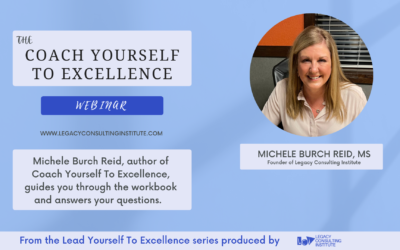Playtime? Seriously, for adults? Isn’t that being lazy? Isn’t that for the retired or for kids? Studies show that having regular segments of playtime can have a strong positive contribution to our mental health. Especially, nonconstructive playtime. What is meant by nonconstructive? Nonconstructive play is defined by any playtime, hobby, or activity that brings pleasure but does not have a specific point other than pleasure.
Here’s what we know about individuals who play frequently:
- They are more likely to have a good sense of trust.
- They have a greater ability to self-regulate.
- They are better at conflict resolution.
- They live longer.
- They have healthier relationships.
- They have an overall better sense of well-being.
Groups that play frequently also tend to be healthier, physically, emotionally, and socially. These groups can be families, friends, couples, teams at work, etc. In a study by Stanford University looking at 29 schools across the country. 17 had a thoughtful play program brought in and 12 that didn’t have any change. Here’s what they found in the schools that introduced a playfulness program.
- Kids felt safer. Not just when playing but also throughout the school day.
- The teachers reported quicker and smoother recovery time. The kids were more cooperative and transitioned between activities better.
- There was increase of physical activities and all the benefits of that.
- Bullying was 43% lower than the schools that did not have the playful play program implemented.
The amazing part was that bullying was not a part of the program. It was simply the introduction of play that had that much of an impact. As a matter of fact, this introduction of play had a bigger impact on bullying than any programs that were specifically focused on bullying.
Play, as well as rest, can provide us the opportunity to clear our heads, process emotional experiences, and sort our thoughts. So, if that is the case, it only makes sense that intentionally scheduling time to play helps us to be better humans.
My challenge for you:
- Schedule 2-3 times a week for playtime… more if you can. Your play can be solo or with others.
- Remember your humor and be more playful in all your interactions with others. Whether that be a family member, workmate, or the person behind the cash register as you’re checking out.
- Find an accountability partner so that you’ll stay true to this new commitment.
~Michele Burch Reid, MS
More From Michele
Benefits of Practicing Relaxation Stress Management
Practicing relaxation exercises 20-30 minutes on a daily basis can produce, over time, a general feeling of relaxation and increased well-being that benefits every area of your life. With regular practice, you feel more in control, which leads to calm, realistic...
When God Pushes Us Through Our Fear
When I'm facing difficult times and feeling “super challenged", it would be easy to scream out in fear, "Good Lord why me"? Instead, I remind myself of my love for my children and His love for His children. I'm reminded of a time when my middle child wanted to learn...
The Coach Yourself to Excellence Virtual Workshop
Watch Michele talk about her Coach Yourself to Excellence Workbook during her live virtual webinar. This is a great accompaniment to Michele’s workbook, Coach Yourself to Excellence. If you have purchased the workbook, this is a great guide to enhance your experience....






